-
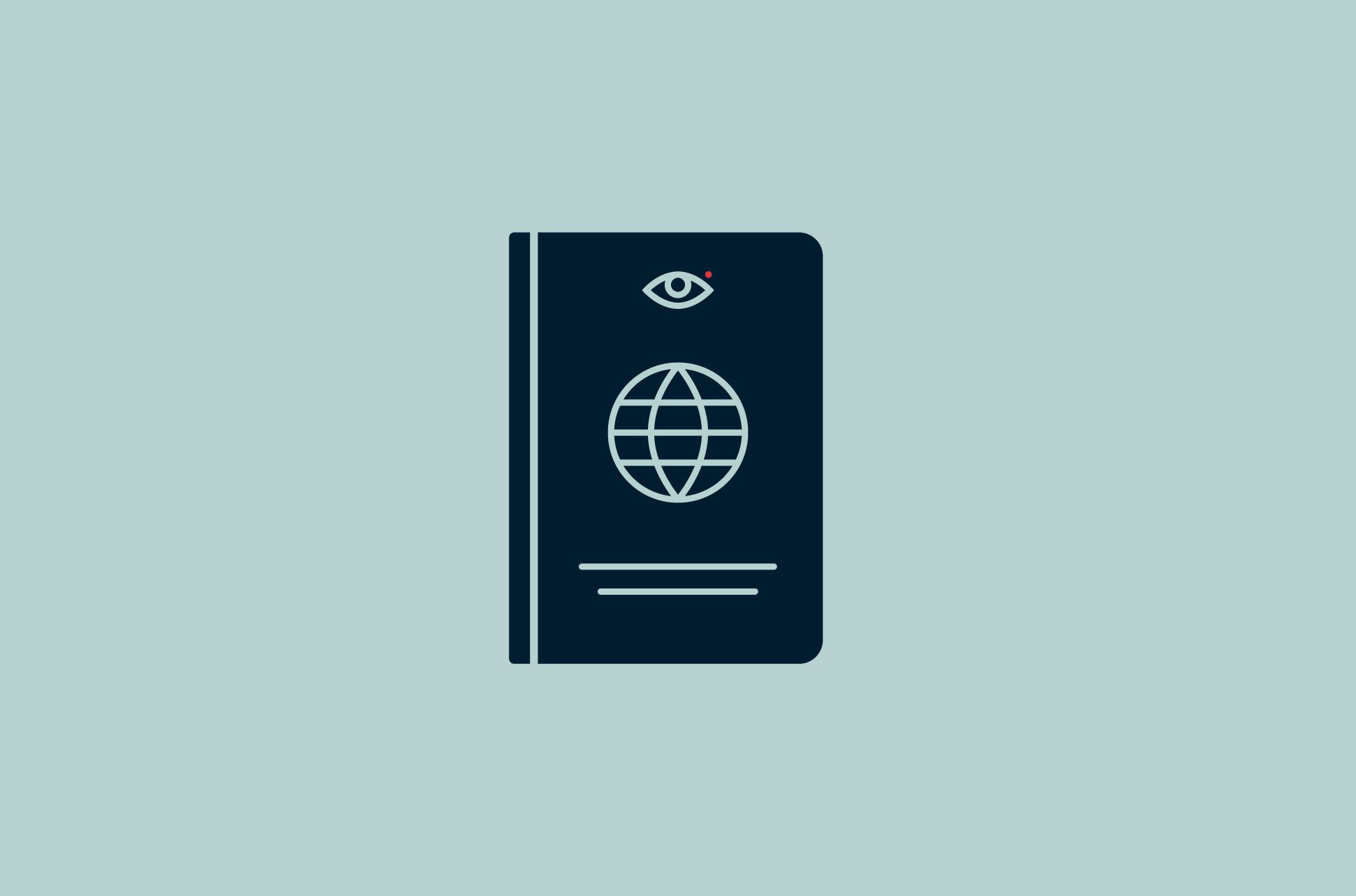
Tests, shots, apps: The invasive new world of travel
Amid still-high numbers of Covid-19 cases in some countries and uneven vaccination rollouts around the world, talk about travel and upcoming summer getaways has started to hit fever pitch. The UK is m...
-
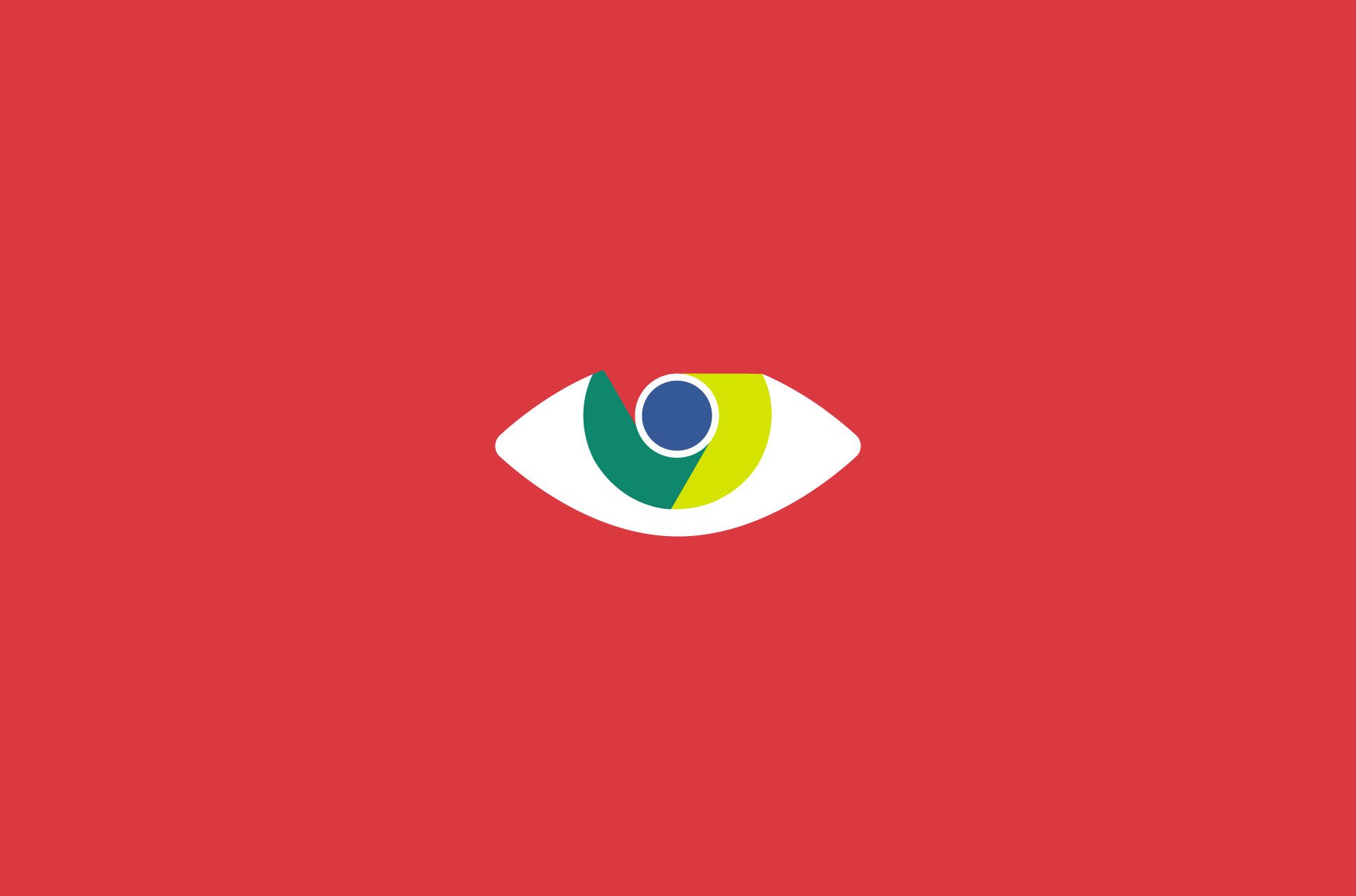
Google’s tracking cookies are going away. Is that good?
Update: Google has since scrapped FLoC and replaced it with Topics, a system that attempts to ascertain categories of a user's interests. In March, Google signaled its intentions to phase out third-pa...
-

What is a QR Code?
QR code stands for “quick response code”. They are a series of pixels in a square-shaped grid that conveys information when scanned. Originally used as an alternative to barcodes to track vehicle ...
-
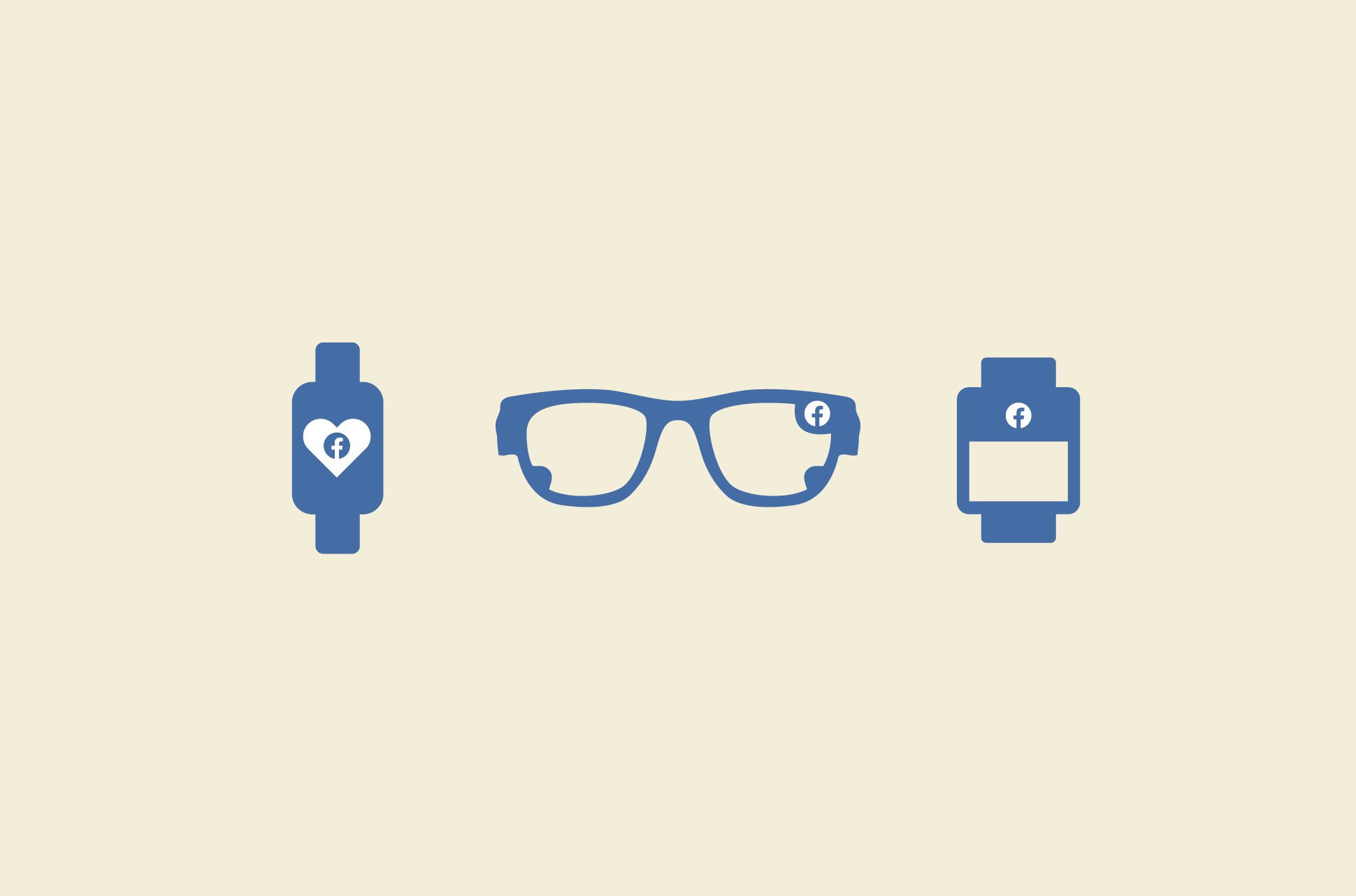
Facebook wearables are coming. Would you want them?
Facebook made almost 85 billion USD in 2020 selling ads across its platforms, but it appears that the company wants to diversify its revenue streams further. Given that ad sales constitute approximate...
-
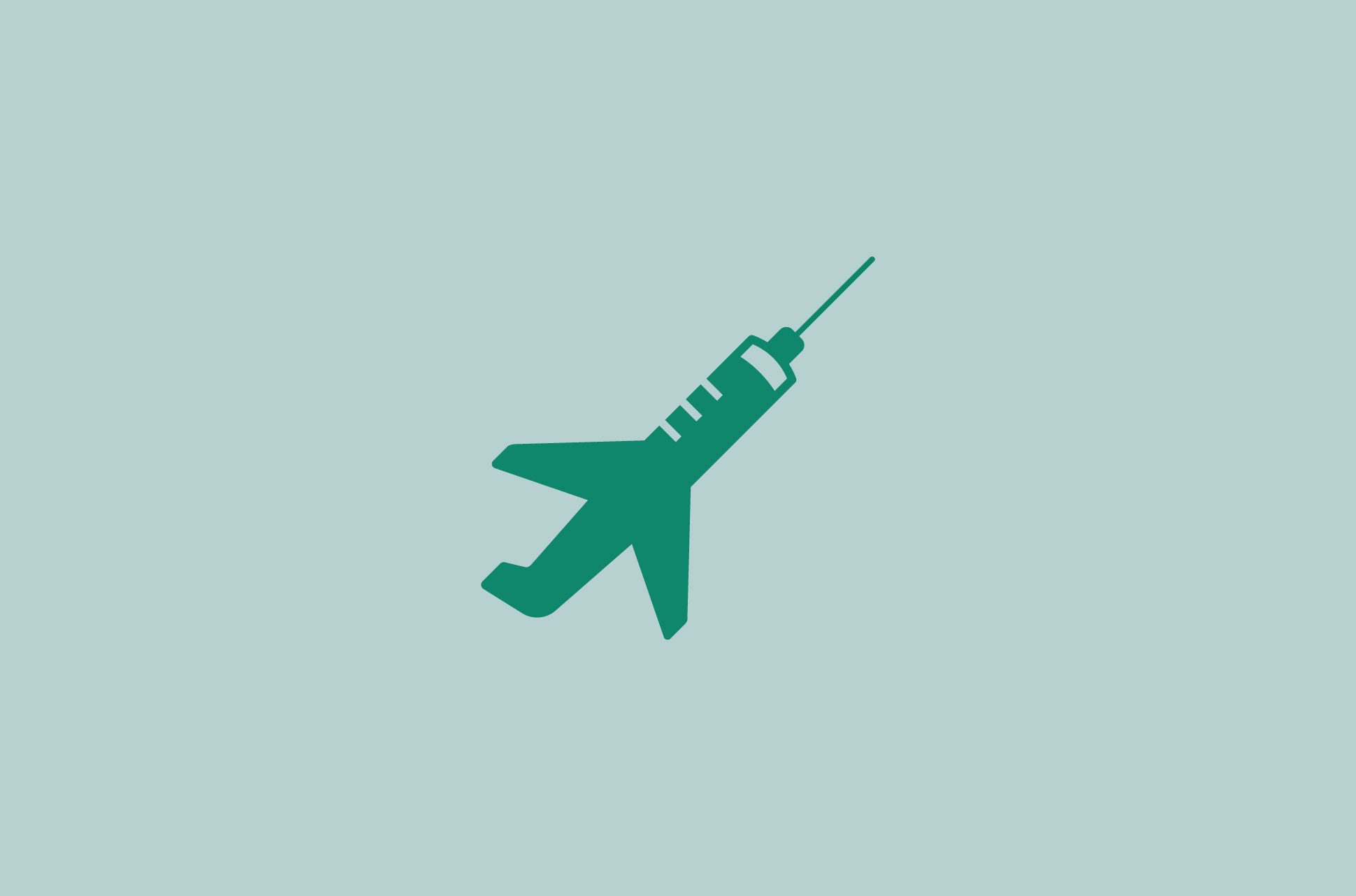
Digital vaccination passports are here
This post was originally published on March 4, 2021. With vaccinations against Covid-19 rapidly gaining momentum, we’re approaching a time when restrictions on travel and movement are likely to be e...
-
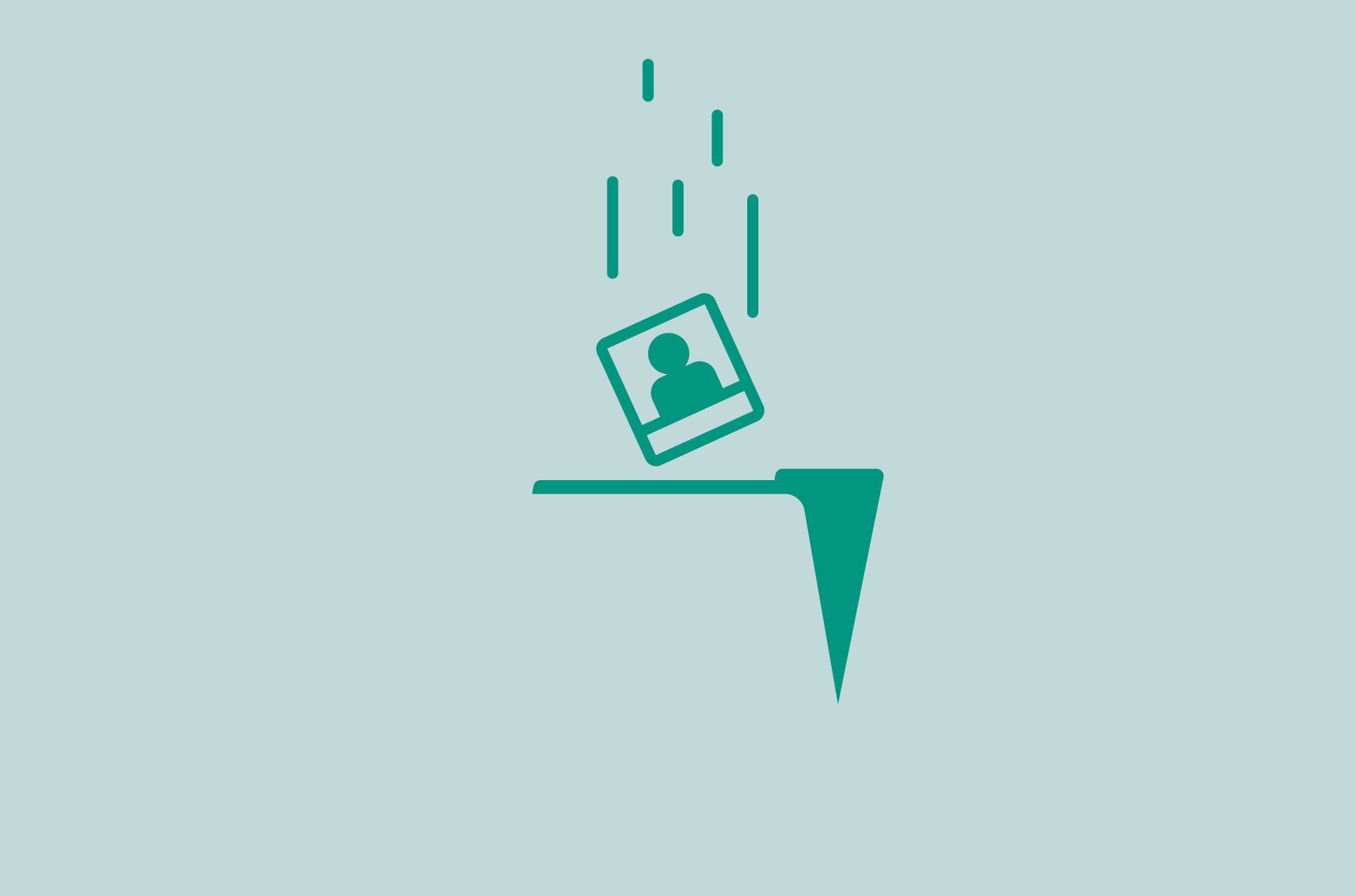
Data ethics: When your public images are used for profit
NOTE: This post was originally published on February 17, 2021 The Canadian government came down hard on facial-recognition company Clearview AI earlier this month, determining that the firm’s practi...
-
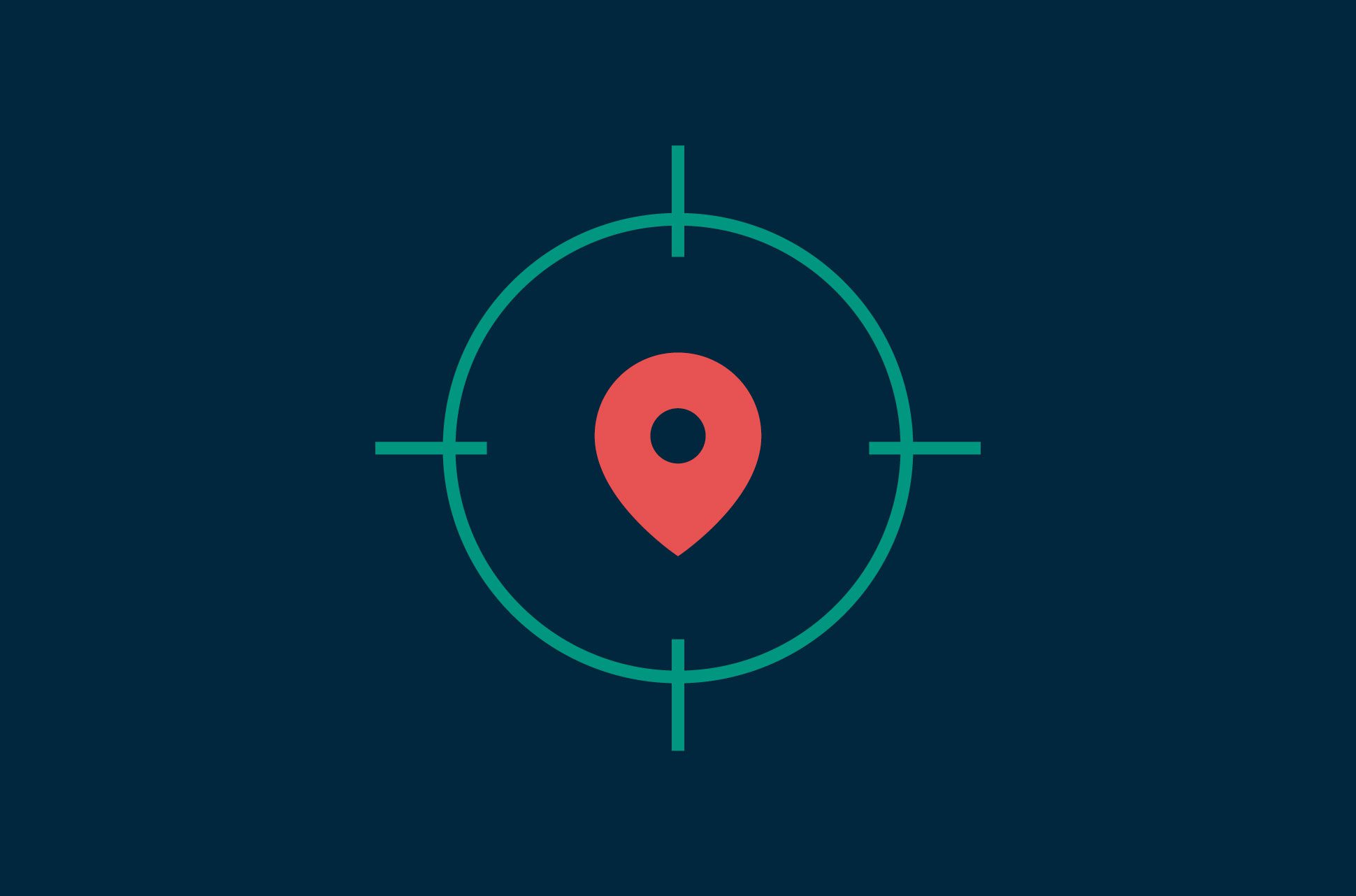
Contact-tracing apps: A privacy paradox
NOTE: This post was originally published on February 4, 2021 The wide adoption of contact-tracing apps in 2020 seemed to herald a rare moment of unity in public-health circles, leveraging the ubiquity...
-
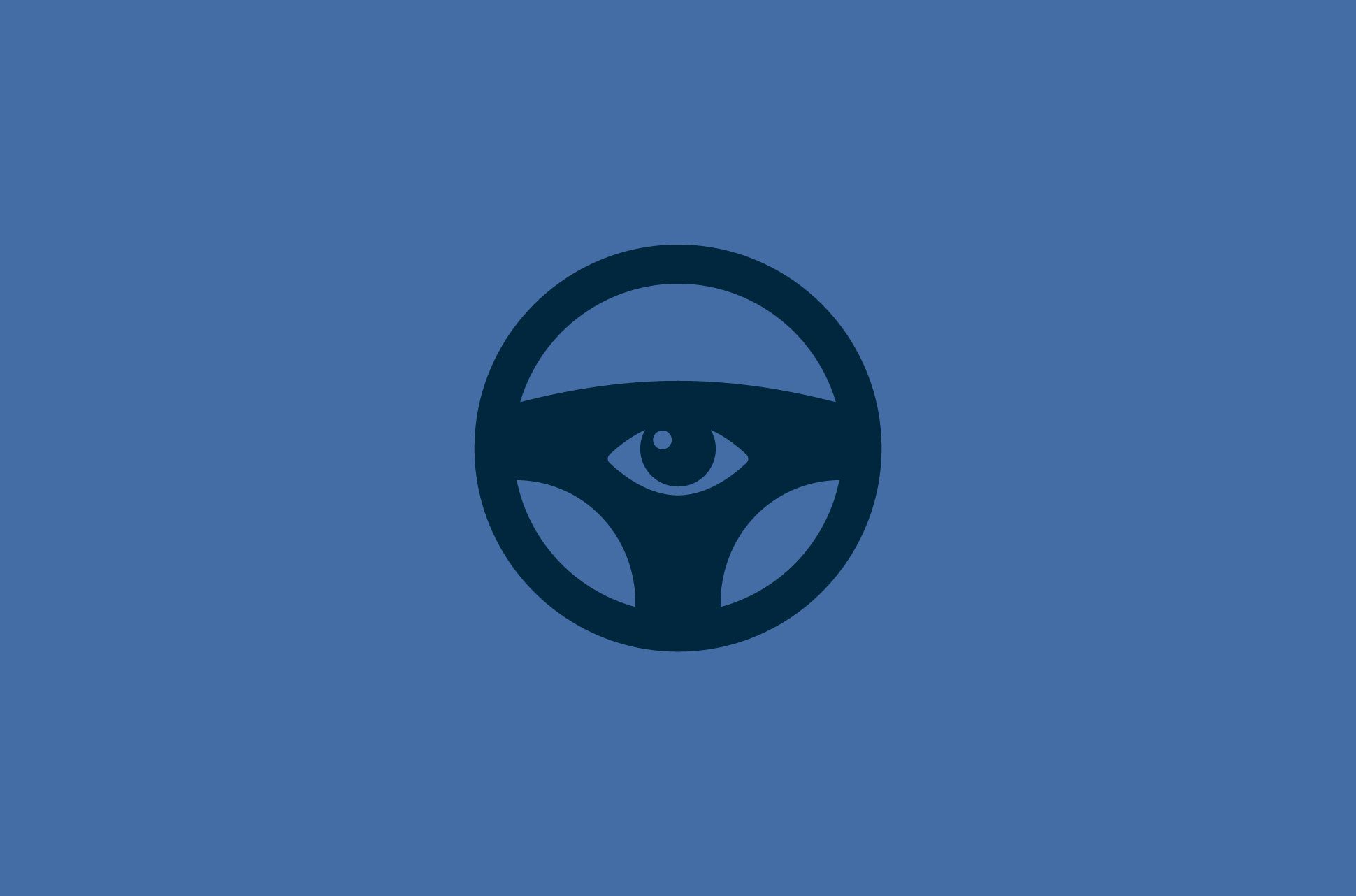
How your car data can be used against you
We’ve previously discussed how your car could be potentially spying on you, as an array of sophisticated technologies and onboard computers track things like your location, speed, and voice commands...
-

What does a VPN hide?
A VPN hides your IP address and location from apps and websites you visit. It also hides your web activity from ISPs, Wi-Fi admins, and other third parties. A VPN gives you greater online privacy, sec...
-
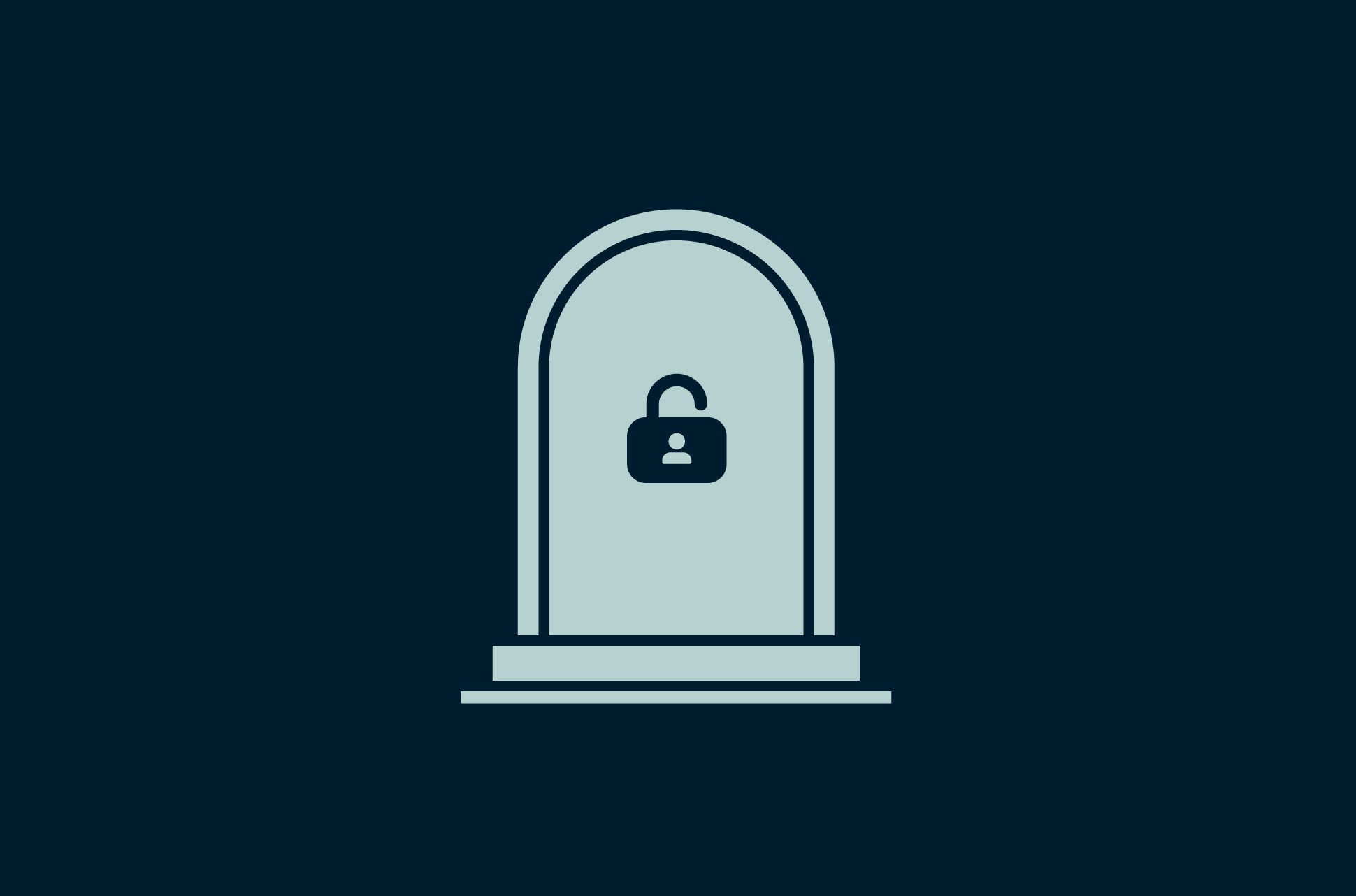
How to protect your data when you die
It’s a privacy question that concerns us all: What happens to all our online photos, location history, and data when we die? Data privacy laws like the GDPR and the right to be forgotten give citize...
